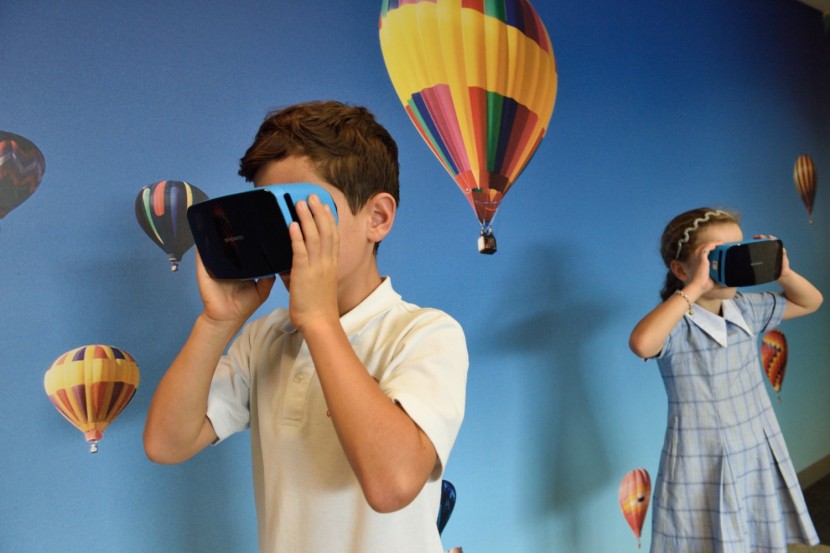The United States Public Interest Research Group (US PIRG) Education Fund, a nationwide alliance of consumer advocacy organizations, has released a new research warning of a possible increase in danger presented by smart toys for children just in time for the Christmas shopping season.
The group compared the expanding subgenre of toys to surveillance in a press statement issued on Thursday, November 16, as reported by ABC News.
Consumer advocate and study co-author Teresa Murray from the US PIRG Education Fund stated, "It's chilling to learn what some of these toys can do. Smart toys can be useful, fun, or educational, but interacting with some of them can create frightening situations for too many families."

Be Careful With Smart Toys for Youngsters
Anything from simple dolls and plushes that can listen or speak to more complex devices like drones, smart speakers, smartwatches, and virtual reality headsets are all examples of smart toys. These can be connected to mobile apps and cameras or have microphones, Wi-Fi capability, location trackers, or more.
Smart toys, according to the US PIRG Education Fund's annual Trouble in Toyland report, can expose kids and their families to a host of unanticipated dangers. These threats include data breaches and hacking, possible violations of children's privacy laws, and exposure to "inappropriate or harmful material without proper filtering and parental controls."
See Also : Amazon to Start Selling Cars Online as Early as 2024! But Will This New Shopping Experience Be Safe?
Advice From the Consumer Advocacy Federation
This Christmas season, the consumer advocacy organization has some suggestions for parents and anybody else looking to purchase a present for a kid.
One is to look up reviews of smart toys online and keep an eye out for any possible red flags. The second is to learn more about a smart toy's capabilities and features. Does it link to Bluetooth, the internet, or social media? Are children's private data collected? Does it record video/audio? Can it email or communicate online?
Moreover, know what sort of data is gathered and how it is used by reading the privacy policy of the smart toy itself, not merely the privacy policy of the toy manufacturer.
According to ABC News, the US PIRG Education Fund also recommends that federal legislation strengthen labeling rules for smart toys and increase protection for children's internet privacy.
The organization has voiced its agreement with the further implementation of the Children's Online Privacy Protection Act (COPPA) and the Transparency Over Toys Spying Act (TOTS Act). Earlier this year, bills were introduced in both the Senate and the House that would mandate new labeling rules for smart toys and require that user agreements or privacy policies accompanying such toys specify how the manufacturer or other entity may collect and use the user's personal information.
This year, COPPA made it out of committee and is now being considered by the Senate, despite concerns from some experts that it might make the internet less safe for certain children and teenagers by suppressing critical information or enabling parents to monitor them in potentially dangerous settings. The TOTS Act is pending a vote in the House subcommittee on innovation, data, and commerce.
© 2025 HNGN, All rights reserved. Do not reproduce without permission.








